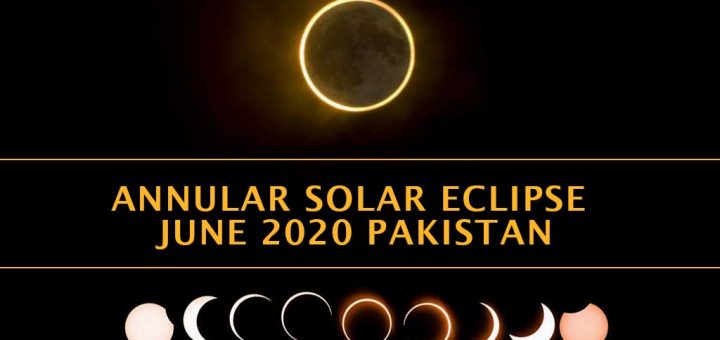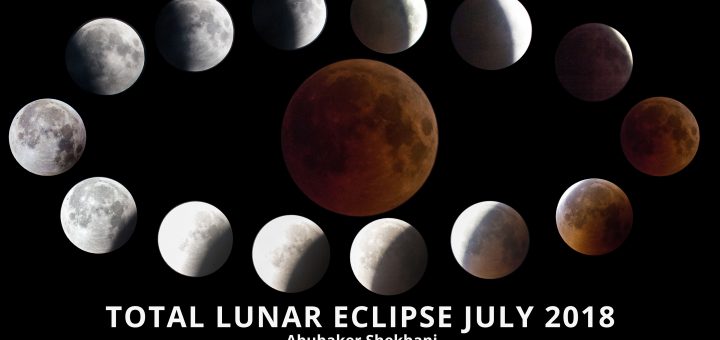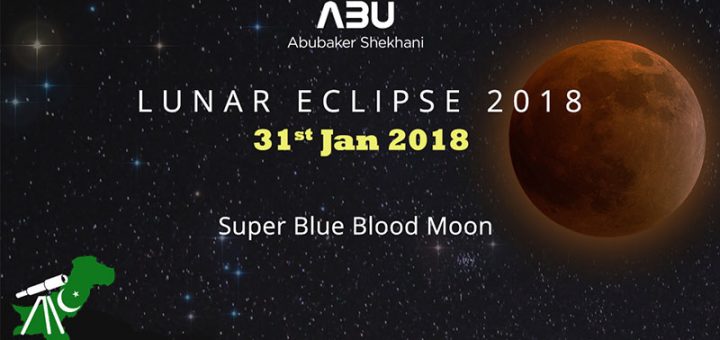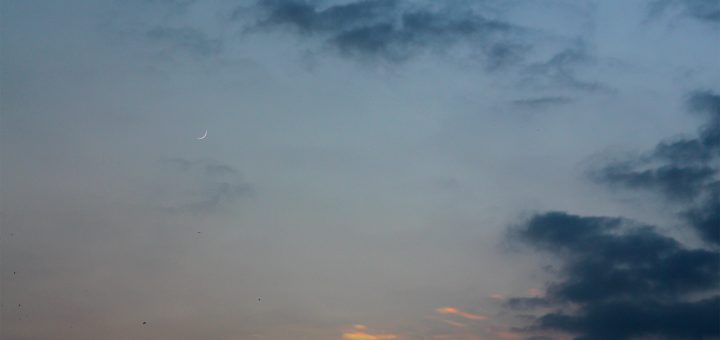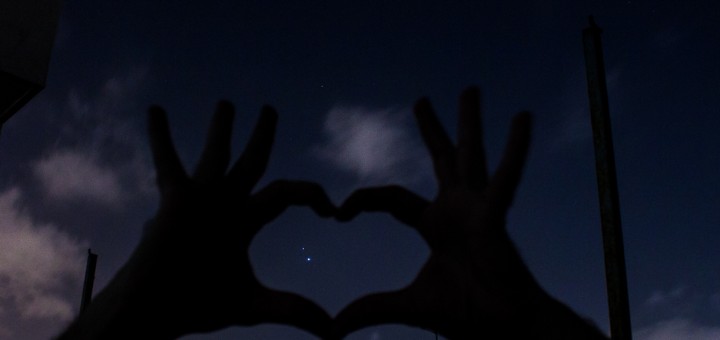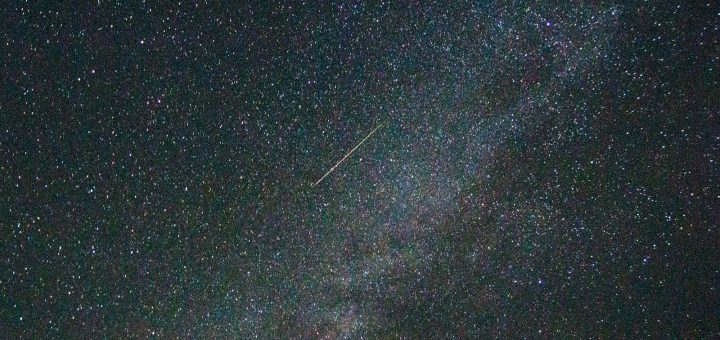Category: Celestial Events
The two gas giants Jupiter and Saturn are going to visible very close to each other (only 0.1 degree apart) from our planet Earth on December 21st, 2020 (which is supposed to be the shortest day of the year). When two celestial bodies appear closer to each other in our Sky, the Astronomers call this the conjunction. The great conjunction of 2020 of Jupiter...
Geminids Meteor Shower (AKA Shooting stars) 2020 This Geminids will peak on 13/14 Dec during Moonless night which makes it promising. Geminids Meteor shower is the year’s best meteor shower which peaks on the night of 12-14 with the best views on the night of 14th December. This meteor shower can show you up to 100 meteors per hour. If you stay up the...
A Solar Eclipse happens when the New Moon moves between Sun and Earth, thereby, blocking the light of Sun reaching the earth and creating two shadows (Umbra and Penumbra). Total Solar Eclipse is a very rare event and is only visible due to the placement and distance. The moon’s diameter and its distance from Earth make its apparent size just big enough to cover...
On 27th July 2018, it is going to be the longest total lunar eclipse of the 21st century. The totality spans 1 hour 42 minutes and 57 seconds. This night is a special one as planet Mars will be in opposition (that is closest to Earth) which will be its closest approach since 2003. The most wonderful thing about this night is that greatest...
Total Lunar Eclipse in Karachi, Pakistan in Jan 2018: Total Lunar Eclipse happens twice a year but not necessarily at a same location on the planet Earth. Many of my Astronomy students and followers have been asking me about Lunar Eclipses as to when is it happening, how to observe it and what causes the eclipse, so this is the post for all of my...
The crescent Moon of Zilhaj was to be easily visible with the naked eye on 23rd August 2017. The sky was a bit cloudy yet I went to the roof with my DSLR to find the Moon and capture it. I found the amazing rainbow colored cloud formation and took a shot. Then I tried finding the Moon without any optical aid and it...
Perseids Meteor Shower – There has been lot of news floating on the world wide web since a month now that this will be the brightest meteor shower recorded in human history. Many people are being fooled by that misleading news which is really sad. Perseid meteor shower is one of the best meteor showers of the year (NOT THE BEST) having meteor rate of...
Lunar Eclipse in Karachi – We have been hearing about a partial Lunar eclipse from various news paper, channels and news blogs such as DAWN.com, Earth Sky and NASA. A lunar eclipse happens when the Earth comes in between Moon and Sun during or near Full Moon while obstructing the Sun light on the Moon making it dark. Last year we had penumbral lunar...
Karachi, Pakistan: Meteor showers are a great show and Geminids is one of the best meteor showers of the Year. I remember the first meteor shower observation of my life. It was back in 2010 when I recently co-founded Karachi Astronomers Society and we went to a mere 150 Kms from Karachi to Kalri Lake. It was first quarter Moon and it was too...
Lunar eclipse in Karachi, Pakistan in Sep 2016: Lunar eclipse happens twice a year but not necessarily at a same location on Earth. This year on 16th September it will be Full Moon and there will be a Penumbral Lunar Eclipse. If you want to know the timings, refer to the section 2 of this article. If you do not know what is...
Conjunction is an Astronomical phenomenon when the two or more celestial bodies come closer to each other as looked from the Earth in the sky. The planet Jupiter and Venus will come closer to each other and the closest conjunction is on 27th of August, 2016 and it will be visible from Pakistan although the window is too small as they will be too close...
The Perseids meteor shower is one of the best with average rate of 80 meteors per hour and they are very fast. In Pakistan, the summer season has been quite cloudy since May and the weather is still cloudy with heavy rains during first week of August. The Perseids peak from 11 – 13 August and it was Friday the 12th, when I took...



